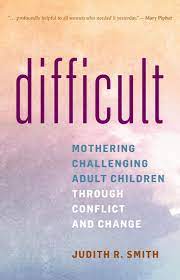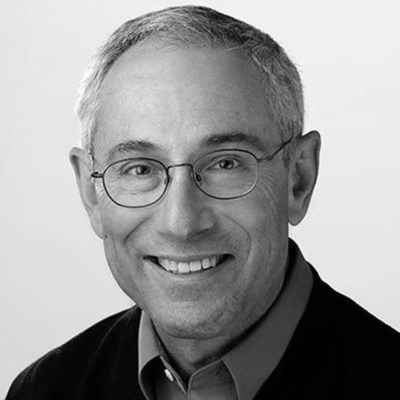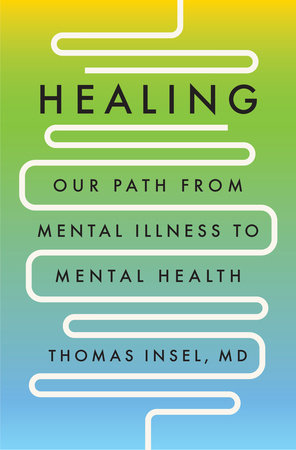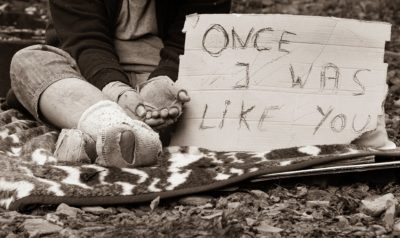
(2-25-22) Leslie Carpenter, a well-known Iowa advocate and reader of this blog, sent me an email about a new book entitled: DIFFICULT: Mothering Challenging Adult Children Through Conflict And Change by Judith R. Smith.
“It is unlike any other book I have read so far,” Leslie wrote, “as it exposes the unreasonable burdens placed on family members…”
During my travels, I’ve seen how mothers often take on tremendous guilt when a child develops symptoms of a serious mental illness. Often times, it is mothers who assume the role of caregiver, especially if their ill child is a daughter. I contacted the author.
“My book is based on a three-year research project,” Judith Smith writes. “The book brings to life the stories of thirty-five women, each over sixty years old, whose lives were drastically altered by becoming the default safety net for their adult “kids.” … I discovered that mothers perceived their adult children’s behavior as “difficult” when they found themselves, once again, prioritizing their children’s needs over their own and saw no “exit” for themselves or their adult children from their problems.”
She agreed to let me post several paragraphs and a book excerpt.
From DIFFICULT: Mothering Challenging Adult Children Through Conflict And Change By Judith R. Smith, Phd, LCSW. Published by Rowman & Littlefield Publishers. Used with author’s permission.







